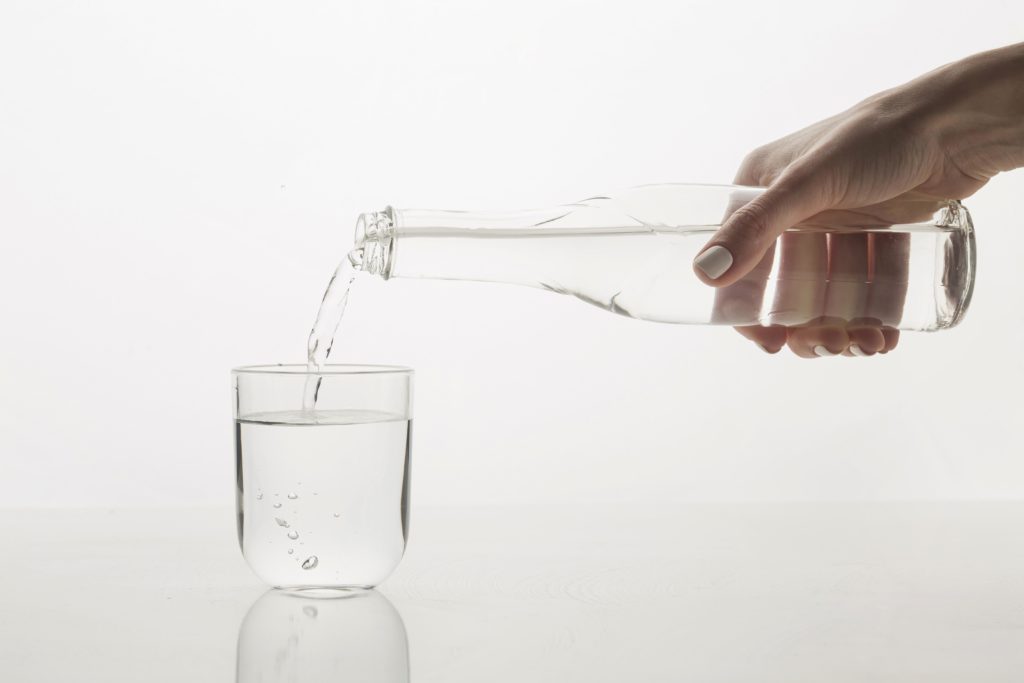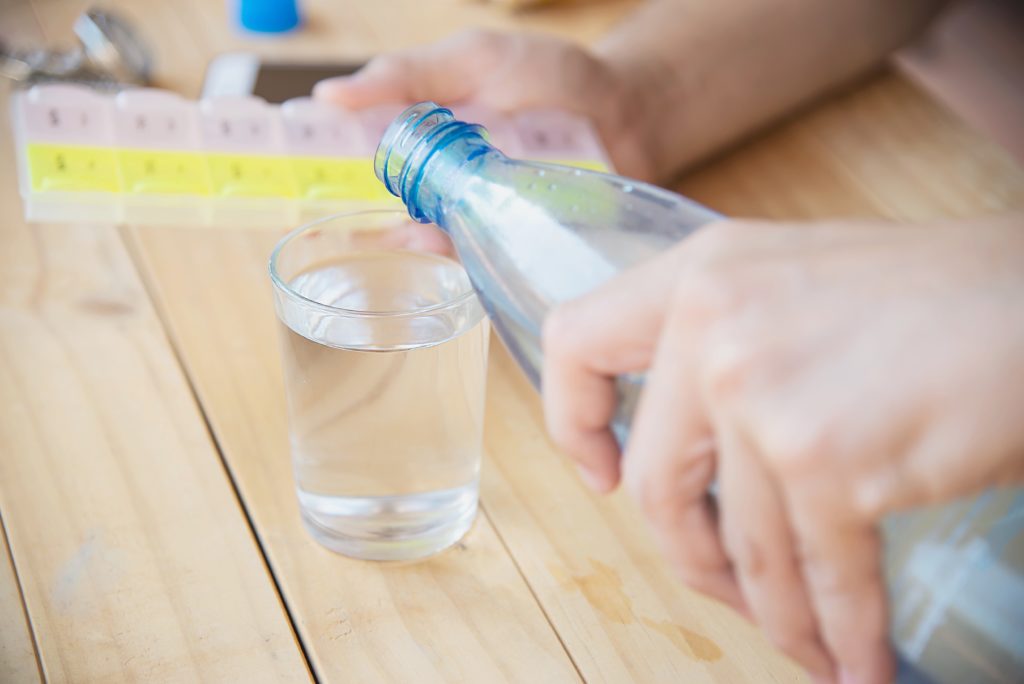In a world where high cholesterol levels are becoming increasingly common, people are constantly seeking effective strategies to improve their cardiovascular health. One approach that has gained attention is water fasting. Water fasting is a practice that involves abstaining from food and consuming only water for a designated period. This article will delve into the potential connection between water fasting and cholesterol levels and explore the impact of this practice on overall health.
Table of Contents
Understanding Cholesterol
Before we dive into the relationship between water fasting and cholesterol, let’s first understand what cholesterol is. Cholesterol is a waxy substance found in the body that plays a vital role in various physiological functions. While the body needs cholesterol, excessive levels can lead to health problems, particularly cardiovascular diseases.
The Link Between Cholesterol and Health
High cholesterol levels have been linked to an increased risk of heart disease, stroke, and other cardiovascular ailments. Therefore, it is crucial to maintain optimal cholesterol levels to safeguard our cardiovascular health. Lifestyle modifications, including diet and exercise, are commonly recommended to manage cholesterol. However, there is growing interest in alternative approaches like water fasting.
What is Water Fasting?
Water fasting is an ancient practice that involves abstaining from all solid foods and beverages other than water. It allows the body to enter a state of ketosis, where it primarily uses stored fat for energy. While there are variations of water fasting, the most common approach is to fast for 24 to 72 hours or even longer under medical supervision.
Benefits of Water Fasting
Water fasting offers numerous potential benefits beyond weight loss. It has been associated with improved insulin sensitivity, enhanced cellular repair, increased autophagy (the body’s natural process of breaking down and recycling damaged cells), and reduced inflammation. Some proponents also claim that water fasting can positively impact cholesterol levels.
Impact of Water Fasting on Cholesterol
Research studies have explored the effects of water fasting on cholesterol levels, shedding light on the potential benefits of this practice. While more extensive research is needed, initial findings suggest that water fasting may have a positive impact on cholesterol.
Several studies have shown that water fasting can lead to reductions in total cholesterol, LDL (low-density lipoprotein) cholesterol, and triglyceride levels. These improvements are significant because elevated levels of LDL cholesterol and triglycerides are risk factors for cardiovascular diseases. By lowering these markers, water fasting may contribute to better heart health and reduce the risk of developing heart-related conditions.
Additionally, water fasting has been found to increase HDL (high-density lipoprotein) cholesterol, often referred to as “good” cholesterol. HDL cholesterol plays a protective role by helping to remove excess cholesterol from the bloodstream and transporting it to the liver for elimination. Having higher levels of HDL cholesterol is associated with a lower risk of heart disease.
However, it’s important to note that the effects of water fasting on cholesterol can vary among individuals. Factors such as genetics, underlying health conditions, and dietary habits can influence how the body responds to fasting. It is always advisable to consult a healthcare professional before embarking on a water fasting journey, especially if you have existing health concerns or are taking medications.
Research Studies and Findings
Various research studies have examined the impact of water fasting on cholesterol levels. A study published in the Journal of Alternative and Complementary Medicine observed a significant reduction in total cholesterol, LDL cholesterol, and triglycerides after a 10-day water fast in overweight subjects. The study also reported an increase in HDL cholesterol levels, supporting the potential benefits of water fasting for cholesterol management.
Another study published in the Journal of Applied Physiology examined the effects of alternate-day fasting, a modified form of water fasting, on cholesterol levels in obese individuals. The results showed a decrease in LDL cholesterol and triglyceride levels, along with an increase in HDL cholesterol levels.
While these studies provide valuable insights, it’s worth mentioning that longer-term studies and randomized controlled trials are necessary to establish a more comprehensive understanding of the effects of water fasting on cholesterol and its long-term sustainability.
How Water Fasting Affects Cholesterol Levels?
Water fasting impacts cholesterol levels through various mechanisms. One of the primary ways is by promoting weight loss. Excess weight is often associated with elevated cholesterol levels, and when individuals engage in water fasting, they typically experience a reduction in body weight. This weight loss can contribute to improvements in cholesterol profiles.
Additionally, water fasting can enhance insulin sensitivity. Insulin resistance is closely linked to dyslipidemia (abnormal lipid levels), including high cholesterol. By improving insulin sensitivity, water fasting may help regulate lipid metabolism and reduce cholesterol synthesis.
Furthermore, the state of ketosis induced by water fasting can also influence cholesterol levels. Ketosis triggers the breakdown of fat stores for energy, which can lead to a decrease in LDL cholesterol and triglyceride levels. The body’s ability to utilize stored fat as an energy source during fasting can positively impact lipid profiles.
Precautions and Risks
While water fasting shows potential benefits for cholesterol management, it is essential to approach this practice with caution and consider potential risks. Water fasting is not suitable for everyone, and specific populations, such as pregnant or breastfeeding women, individuals with certain medical conditions, or those with a history of disordered eating, should avoid fasting or seek medical guidance before attempting it.
Extended periods of water fasting can result in electrolyte imbalances, dehydration, and nutrient deficiencies. Therefore, it is crucial to stay well-hydrated and replenish electrolytes if undertaking a water fast. Moreover, breaking a fast correctly is vital to avoid digestive discomfort or complications.
Tips for a Successful Water Fast
If you’re considering water fasting as a strategy to improve your cholesterol levels, here are some tips to help you have a successful experience:
- Consult a Healthcare Professional: Before embarking on a water fast, it’s crucial to consult a healthcare professional, especially if you have any underlying health conditions or are taking medications. They can provide personalized guidance and ensure your safety throughout the fasting period.
- Start Gradually: If you’re new to fasting, it’s advisable to start with shorter fasts and gradually increase the duration as your body adjusts. This approach allows your body to adapt to the fasting state more comfortably.
- Hydrate Properly: Hydration is key during a water fast. To maintain proper hydration throughout the day, consume lots of water. However, be mindful not to over hydrate, as excessive water intake can disrupt electrolyte balance.
- Monitor Your Body’s Signals: Pay close attention to your body during the fast. If you experience severe hunger, dizziness, lightheadedness, or any other concerning symptoms, it’s important to break the fast and seek medical attention if necessary.
- Break the Fast Properly: When ending your water fast, it’s essential to reintroduce food gradually to avoid digestive issues. Start with small, easily digestible meals and gradually increase the portion sizes over a few days.
Combining Water Fasting with a Healthy Lifestyle
While water fasting can offer potential benefits for cholesterol management, it’s essential to remember that sustainable improvements in cholesterol levels require long-term lifestyle changes. To maximize the impact of water fasting and promote overall health, consider incorporating the following practices into your routine:

- Adopt a Balanced Diet: Focus on consuming a balanced diet rich in fruits, vegetables, whole grains, lean proteins, and healthy fats. Avoid or limit processed foods, sugary beverages, and foods high in saturated and trans fats, as they can negatively impact cholesterol levels.
- Engage in Regular Physical Activity: Regular exercise can help boost HDL cholesterol levels, improve cardiovascular health, and promote overall well-being. As well as weight training activities, aim for at least 75 minutes of intense activity or 150 minutes of moderate aerobic activity every week.
- Manage Stress Levels: High levels of stress can contribute to poor cholesterol profiles. Exercise stress-reduction strategies like yoga, deep breathing exercises, meditation, or participating in relaxing hobbies.
- Get Quality Sleep: Lack of sleep or poor sleep quality can affect cholesterol levels and overall health. Aim for seven to nine hours of quality sleep each night to support optimal well-being.
Conclusion
Water fasting holds promise as a potential strategy for improving cholesterol levels. While research suggests that water fasting may contribute to reducing total cholesterol, LDL cholesterol, and triglycerides while increasing HDL cholesterol, further studies are needed to establish its long-term effectiveness and safety.
If you’re considering water fasting, it is crucial to approach it with caution and under medical supervision, especially if you have underlying health conditions. Remember to stay hydrated, listen to your body, and break the fast properly. Additionally, incorporating healthy lifestyle habits, such as a balanced diet, regular exercise, stress management, and adequate sleep, can complement the benefits of water fasting and contribute to long-term improvements in cholesterol and overall health.









